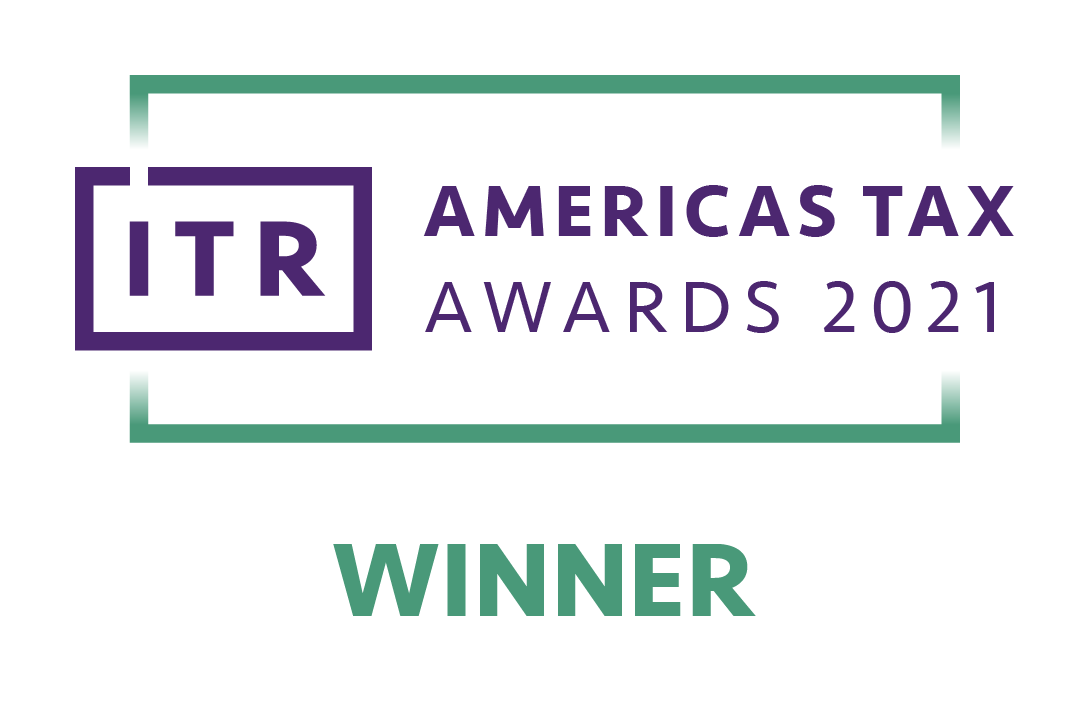Through Decree No. 2787/19, published in the Official Gazette on 04/11/19 and in the national newspapers today, the Executive Branch established the dates of entry into force of the provisions contained in Law No. 6380/19, “Modernization and simplification of the national tax system”.
| Regulated Concepts | Effective date |
| Change of name of balances in favor of the taxpayer (without any tax incidence from the practical point of view)Possibility of incorporating technological tools for SETSpecific modifications on incentives to investments contained in Law No. 60/90 and Law No. 5542/15 | 05/11/2019 |
| Corporate Income Tax (IRE) *Dividends and Utilities Tax (IDU)Personal Income Tax (IRP)Non-Resident Income Tax (INR)Value Added Tax (VAT) | 01/01/2020 |
| Special rules for the valuation of operations (transfer prices) | 01/01/2021 |
| All other provisions* | 01/01/2020 |
The decree also provides that those taxpayers whose fiscal year end is April 30, 2020 and June 30, 2020, the provisions of the IRE will be applicable from May 1, 2020 and July 1, 2020, respectively.
Since the transfer pricing rules will be applied only from January 1, 2021, the decree provides that the rules of “Export Price Adjustments” (APE) established in art. 4 of Law No. 5061/13 will continue to apply until 12/31/2020.
Finally, it is also provided that the new and beneficial form of the calculation of the advances of the IRE (which will take the average of the tax paid in the last three years, instead of the current system that uses the tax paid in the previous year) will only enter vigor in fiscal year 2023.
It is important to remember that Law No. 6380/19 established what in principle looks like a simpler tax system than the current one and certainly more modern, which includes rules and recommendations of several international organizations.
The aforementioned law unifies the Iragro and Iracis in a single tax, the Corporate Income Tax (“IRE”), replaces the additional rates of the Iracis with a Tax on Dividends and Utilities (“IDU”) and with the Income Tax Non-Resident Income (“INR”), with different rates depending on the quality of the person receiving the rent.
It also legally incorporates certain modifications that were made through decrees to the IRP. This tax is basically divided into a tax on labor income with progressive rates of 8% to 10% and up to 8% (effective rate) on capital gains obtained by natural persons.
Although this decree grants security as to the validity of the new provisions, it is still necessary to have the regulations of the new taxes and, above all, the transition rules that will be in force during the year 2020.
In case you have questions or queries, you can contact us at mauro.mascareno@berke.com.py, carlos.vargas@berke.com.py and federico.valinotti@berke.com.py












